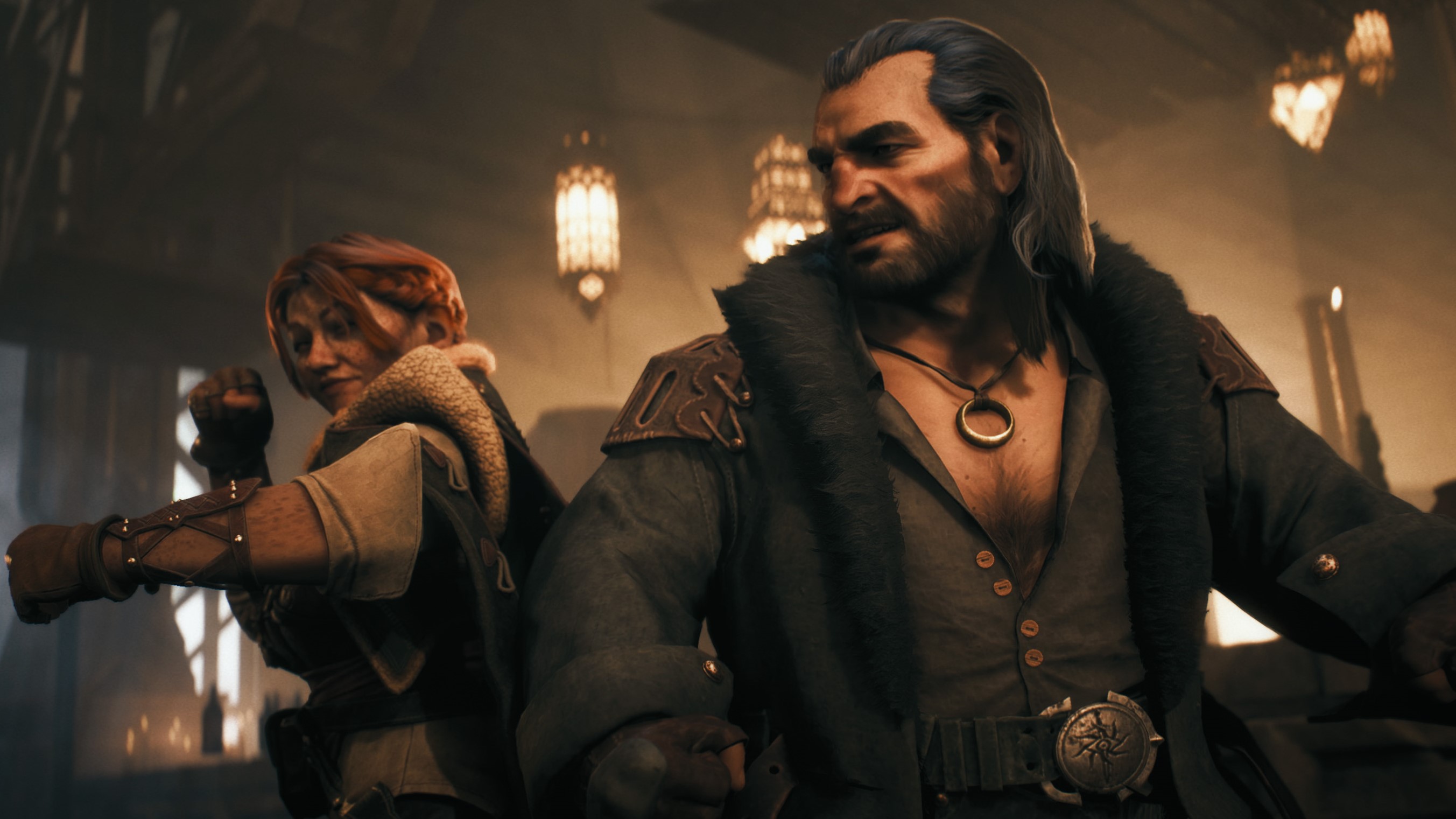I’ve noticed a trend—particularly in some recent RPGs—of, well, let’s call it ‘Netflixiness’.
Dialogue designed to leave absolutely nothing to interpretation, to exposit information in the most direct way possible, devoid of any real character or context. There’s an assumption that any moment the audience spends confused, curious, or out-of-the-loop is a narrative disaster.
I hate to keep knocking Dragon Age: The Veilguard about, especially since I still had a decent time with it all told, but the thing that made me break off from it after 60 hours really was its story. It’s a tale that does get (slightly) better, but it gave me a terrible first impression I never quite shook.



I agree, AAA games are long dead. However there was a time where AAA games were amazing, maybe around the PS2/Gamecube/Xbox era. Back when devs were allowed creative freetom to make the games they actually wanted and try new things. I think a lot of people with these complaints miss that level of catered quality from back then
the industry has also be caught in the grips of budget gigantism by an influx of investor cash for the past decade.
Outside investors saw dollar signs with the rapid growth of the market, and also huge financial successes like fortnight. So they were willing to put up a lot of funding in hopes of outsized returns. Pressure from investors and management meant appealing to the largest audience possible, and also chasing the latest trends. Despite the huge budgets, the games were unfocused and bad, both from trying to appeal to too many audiences, and constantly changing direction during development to chase trends.